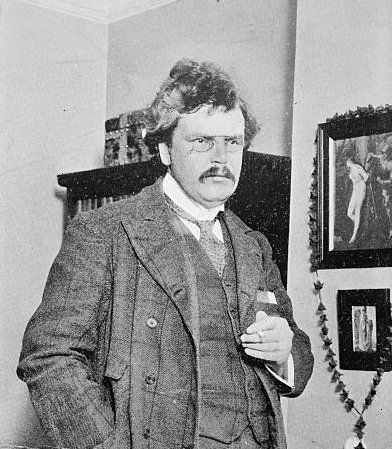The Joy of the Gospel. First Take

Based on a quick review of Pope Francis' The Joy of the Gospel, it appears that Rush has a cause for concern. Consider, for instance, this passage:
In this context, some people continue to defend trickle-down theories which assume that economic growth, encouraged by a free market, will inevitably succeed in bringing about greater justice and inclusiveness in the world. This opinion, which has never been confirmed by the facts, expresses a crude and naïve trust in the goodness of those wielding economic power and in the sacralized workings of the prevailing economic system. Meanwhile, the excluded are still waiting. To sustain a lifestyle which excludes others, or to sustain enthusiasm for that selfish ideal, a globalization of indifference has developed. Almost without being aware of it, we end up being incapable of feeling compassion at the outcry of the poor, weeping for other people's pain, and feeling a need to help them, as though all this were someone else's responsibility and not our own. The culture of prosperity deadens us; we are thrilled if the market offers us something new to purchase.
I could cite at least five other similar passages.
Still, I'm pretty sure Rush is way off base to call him a "pure Marxist." I haven't seen any reference in the document about how government should help bring about more quality, and he repeatedly affirms the responsibility of individuals, businesses, and society as a whole to assist in this as well . . . which no Marxist would ever propose.
From what I can tell, Pope Francis is merely calling for more equality in the world's wealth, which is nothing anyone should object to. Granted, a call for equality and the use of violent political force ("pay more taxes or go to jail") to bring it about have repeatedly gone hand-in-hand, so there's cause for concern with Pope Francis' words, but to call him a Marxist? I'm simply not seeing it.
Of course, Francis' is certainly not a libertarian tract. At the risk of being disrespectful toward the Holy Father, he seems to show a certain level of naivety or strawmanship. He attacks the deification of the free market and our bland acceptance of inequality, without addressing concerns raised by Catholics (like Chesterton and Belloc) throughout the ages: if you don't keep government's hands off the market, the rich and powerful will use government's hands to gouge the middle class and poor even more, thereby creating even greater levels of inequality.
This is something that (again, based on my quick review of the document) Francis doesn't even address. Until he does, he will not have created a document that, in my (hopefully, sufficiently humble) opinion, addresses the real concerns in today's world of crony capitalism and the biggest cause of wealth inequality.
